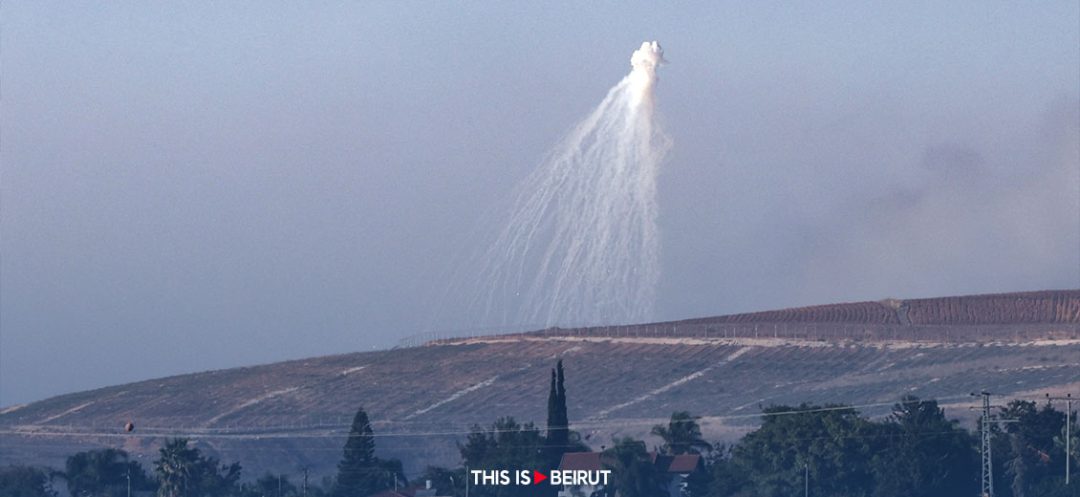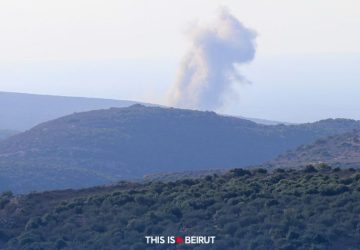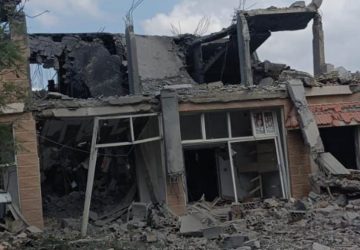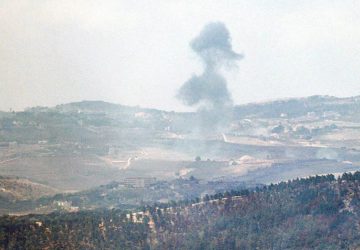Israel reportedly used US-supplied white phosphorus munitions in an attack on southern Lebanon in October, injuring at least nine civilians.
According to a Washington Post article published on Monday, remnants of three 155-millimeter artillery rounds were found in Dhayra, near the Israeli border, where four homes were burned and nine people injured. At least three were hospitalized, one for days.
Residents of Dhayra told the WP that “Israeli forces continued to shell the town with white phosphorus munitions for hours, trapping them in their homes until the next morning.” This attack is now referred to as the “black night.”
According to the American newspaper, “lot production codes found on the shells match the nomenclature used by the US military to categorize domestically produced munitions, which show they were made by ammunition depots in Louisiana and Arkansas in 1989 and 1992.” These munitions are part of the billions of dollars in annual US military aid to Israel.
The shells contain white phosphorus felt-tipped ends, which, when ignited, produce high-temperature smoke to conceal soldiers.
White phosphorus can cause fatal burns and respiratory damage, burning at temperatures up to 1,500 degrees. According to a Human Rights Watch report, “The chemicals left in the body can damage internal organs, sometimes fatally.”
According to the WP, it is unclear why the Israeli military fired the rounds into the evening, as smoke would have little practical use at night and Israeli troops were not present on the Lebanese side of the border to mask with smokescreens.
Residents suspected that the use of phosphorus was intended to force them out of the village and create a path for potential future military operations by Israeli forces in the region.
Human Rights Watch and Amnesty International verified the US origin. International law restricts white phosphorus, as fire and smoke can spread to populated areas.
A US defense official, speaking anonymously, emphasized that these munitions “are only to be used for lawful purposes such as signaling and smoke screening.”
The delivery date of these munitions to Israel remains unclear, with the US official stating that none have been provided since the October 7 Hamas attack.
In 2013, the Israeli military pledged to stop using white phosphorus, opting for gas-based smoke shells.
Despite this, data from ACLED, a war zone monitoring group, indicates over 60 instances of Israel using white phosphorus in Lebanon’s border areas in the past two months.





